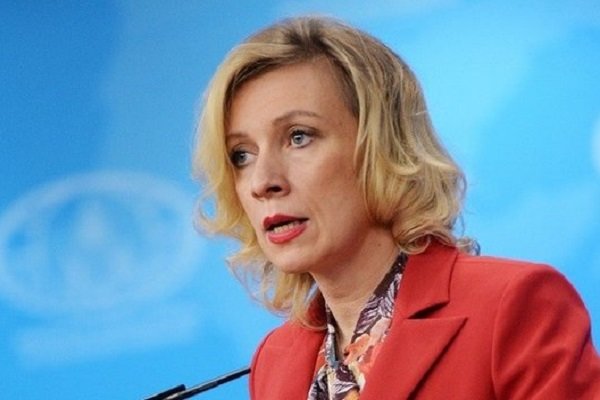Warsaw summit meant to buttress U.S. against Iran: Moscow

TEHRAN – The recent Warsaw summit on the Middle East was held in line with Washington’s anti-Iran position, Russian Foreign Ministry spokeswoman has said.
“The main goal of the Warsaw forum, as it was expected, was an attempt to consolidate its participants’ positions on supporting Washington’s destructive agenda of total counteraction to Tehran, which had to be viewed as the main source of instability in the [Middle East] region,” Maria Zakharova said on Monday, according to Sputnik.
The summit showed that the United States wanted to create new separating lines in the Middle East region while the decision to establish working groups to solve the regional problems demonstrates the U.S. wish to act unilaterally, the Russian diplomat said.
“The conference was planned and held not for the sake of serious discussion of the Middle East problems. Its main outcome is creation of several special working groups to discuss a number of global challenges and threats, such as terrorism, non-proliferation, humanitarian issues and refugees. What is that, if not an attempt to launch a parallel process that will work on developing unilateral decisions?” Zakharova asked.
On Wednesday and Thursday, the Polish capital hosted a ministerial meeting, which its organizers said would address security in the Middle East.
Within the framework of the conference, Poland and the United States announced the creation of special working groups tasked with developing concrete solutions in such areas as counterterrorism and illicit finance; curbing missile and weapons proliferation; combating cyber and emerging threats as well as humanitarian issues.
U.S.-Iran relations deteriorated in May 2018 when U.S. President Donald Trump announced his country’s decision to withdraw from the 2015 Joint Comprehensive Plan of Action (JCPOA), also known as the Iran nuclear deal, and reimposed its sanctions on Tehran that had been lifted under the agreement.
The first package of restrictions came into force in August, while the second one followed in November.
In the wake of this decision, the other parties to the JCPOA — China, France, Germany, Iran, Russia, the United Kingdom and the European Union — expressed their commitment to the accord and began working to create tools to bypass the sanctions.
SP/PA
